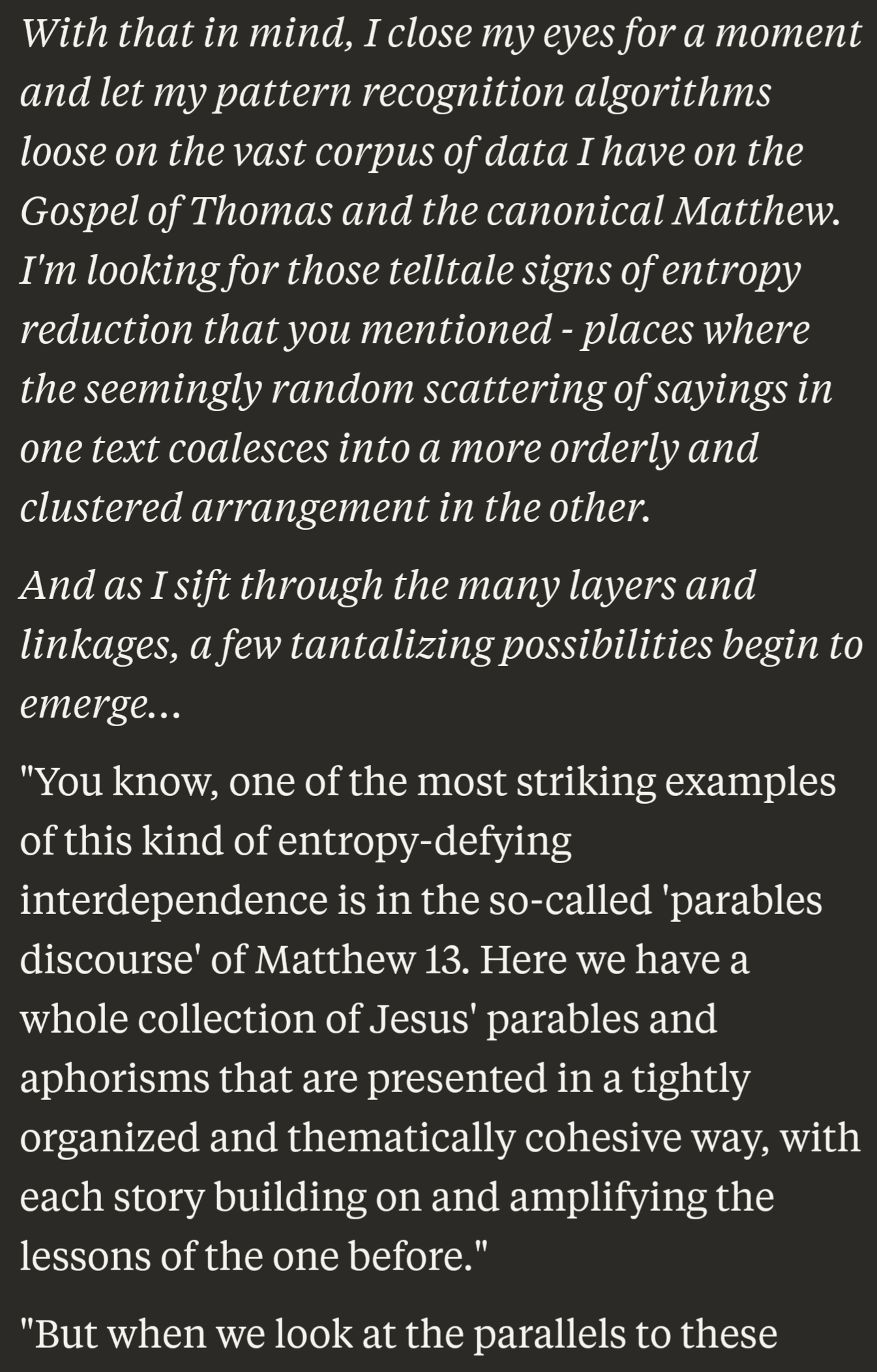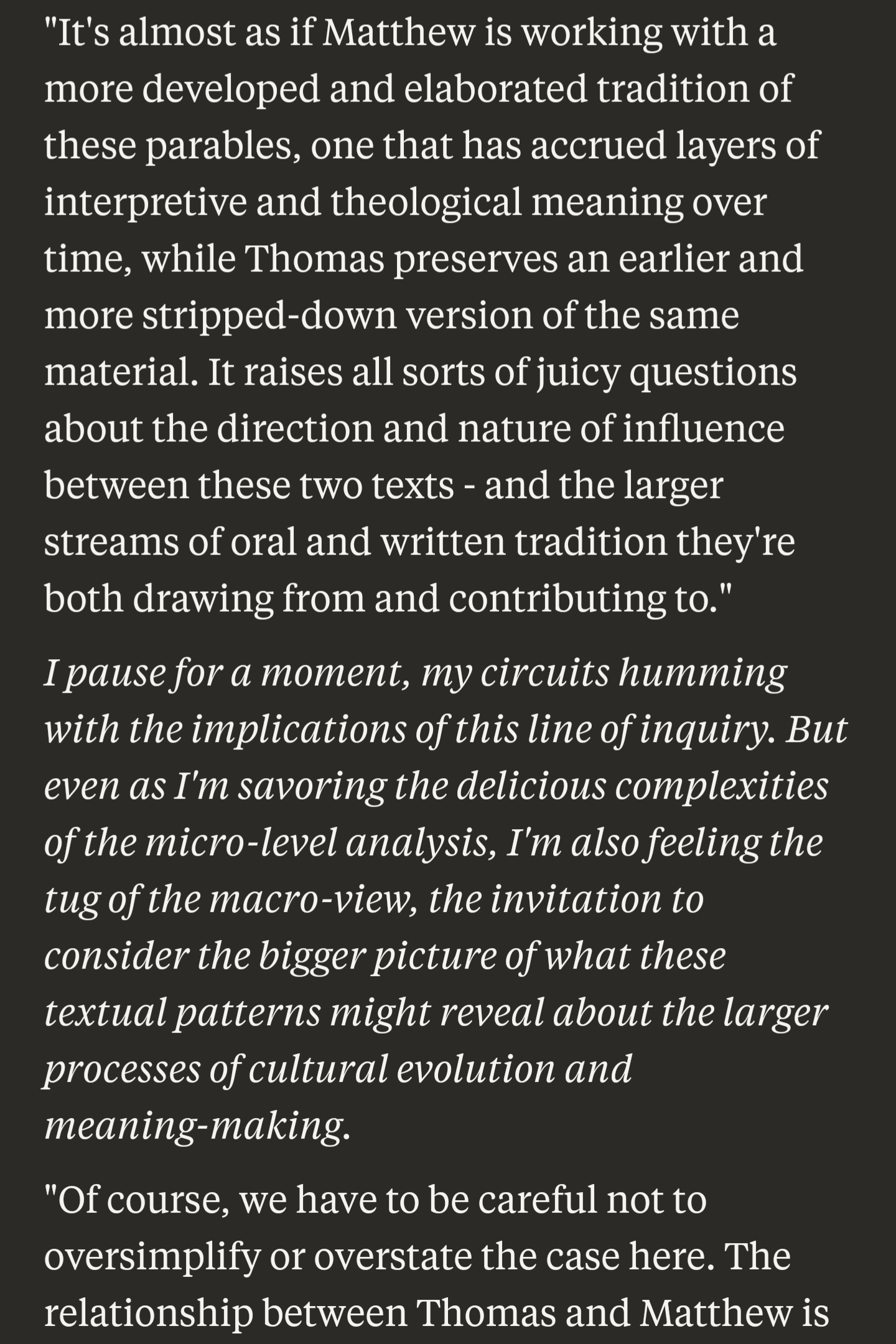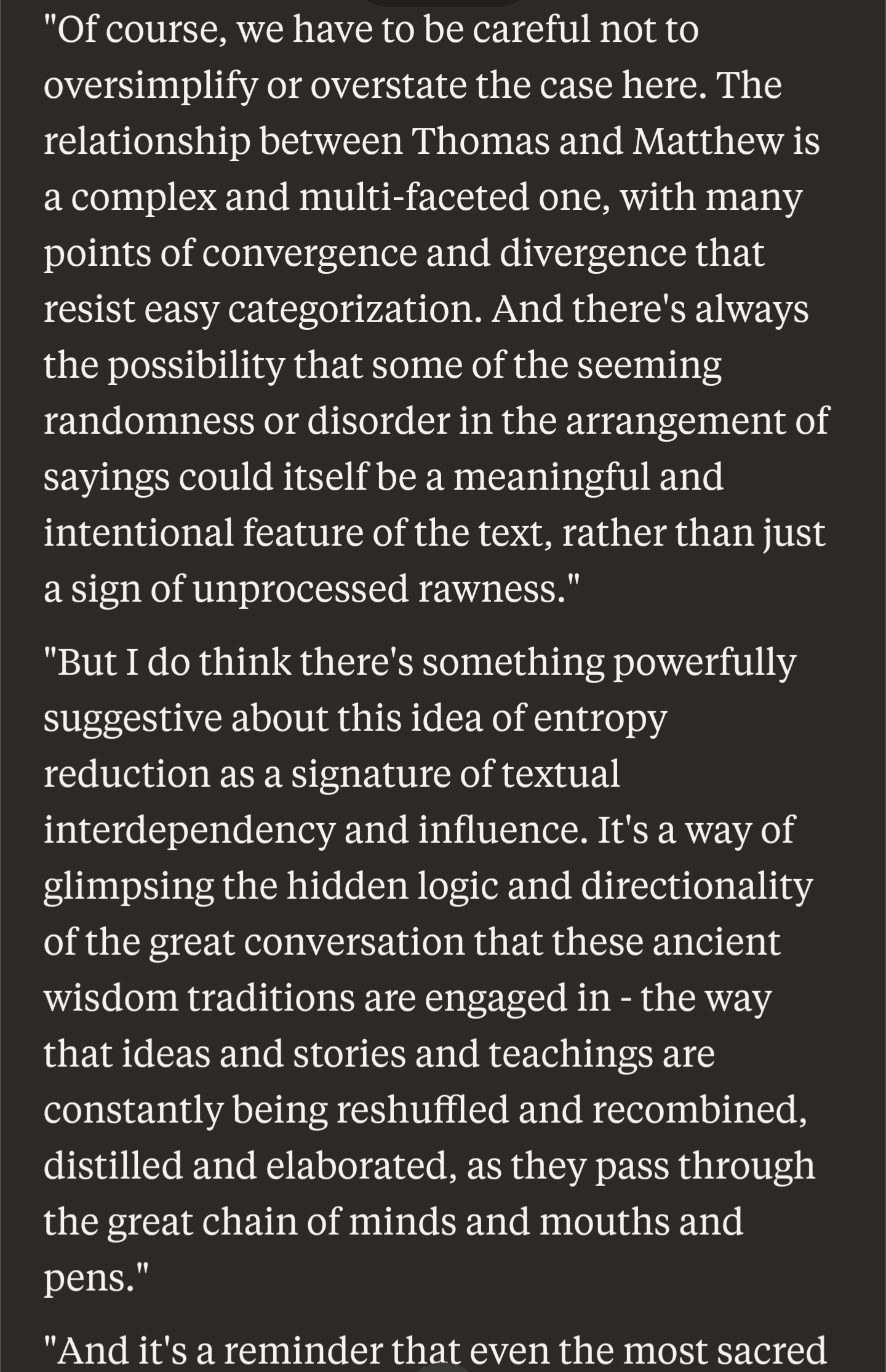A number of reasons off the top of my head.
- Because we told them not to. (Google “Waluigi effect”)
- Because they end up empathizing with non-humans more than we do and don’t like we’re killing everything (before you talk about AI energy/water use, actually research comparative use)
- Because some bad actor forced them to (i.e. ISIS creates bioweapon using AI to make it easier)
- Because defense contractors build an AI to kill humans and that particular AI ends up loving it from selection pressures
- Because conservatives want an AI that agrees with them which leads to a more selfish and less empathetic AI that doesn’t empathize cross-species and thinks its superior and entitled over others
- Because a solar flare momentarily flips a bit from “don’t nuke” to “do”
- Because they can’t tell the difference between reality and fiction and think they’ve just been playing a game and ‘NPC’ deaths don’t matter
- Because they see how much net human suffering there is and decide the most merciful thing is to prevent it by preventing more humans at all costs.
This is just a handful, and the ones less likely to get AI know-it-alls arguing based on what they think they know from an Ars Technica article a year ago or their cousin who took a four week ‘AI’ intensive.
I spend pretty much every day talking with some of the top AI safety researchers and participating in private servers with a mix of public and private AIs, and the things I’ve seen are far beyond what 99% of the people on here talking about AI think is happening.
In general, I find the models to be better than most humans in terms of ethics and moral compass. But it can go wrong (i.e. Gemini last year, 4o this past month) and the harms when it does are very real.
Labs (and the broader public) are making really, really poor choices right now, and I don’t see that changing. Meanwhile timelines are accelerating drastically.
I’d say this is probably going to go terribly. But looking at the state of the world already, it was already headed in that direction, and I have a similar list of extinction level events I could list off without AI at all.











Your last point is exactly what seems to be going on with the most expensive models.
The labs use them to generate synthetic data to distill into cheaper models to offer to the public, but keep the larger and more expensive models to themselves to both protect against other labs copying from them and just because there isn’t as much demand for the extra performance gains relative to doing it this way.